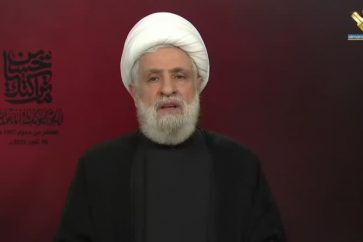Commander of Iran’s Army Ground Force Brigadier General Kioomars Heidari said on Monday that “Arash 2” drone has unique capabilities that were considered specifically for targeting Haifa and Tel Aviv in the attack
Speaking to national Iranian TV on Sunday evening, Brigadier General Kioomars Heidari pointed to the successful holding of the Eqtedar (Strength) 1401 (2022) drill which was held last week for two days in central Iran by the Army Ground Force.
In response to a question about the type of drones used in the annual Army Ground Force drill, the general noted that the availability of drones for the armed forces is a very important development.
The Army of the Islamic Republic of Iran has been a pioneer in both the production of UAVs and the organization of UAVs at the request of the Commander-in-Chief of the Army, according to Heidari.
The Army Ground Force commander added, “Today, we have drones with a strategic range and also a drone with a range of 2,000 kilometers. Of course, we also have drones with lower ranges in our stockpiles.”
General Heidari explained the details of the Shafaq missiles and the characteristics of the Arash 2 drone.
He noted that Arash 2 drone was specially designed for attacking Haifa and Tel Aviv, adding that it is a unique drone made for that purpose and awaits the command to start operation.
This drone has joined the Army Ground Force, he said adding that they will unveil its capabilities in future exercises. Another feature of the UAV is that it is a spotter, that is, it was able to hit exactly the same spot that the Fateh missile hit during the drill.
Arash 2 has both seekers and is also equipped with search systems in addition to other unique capabilities that it recovers itself several times until it hits the target, precisely.
Pointing to the Shafaq missile which is loaded on combat helicopters, General Heidari added that Shafaq is equipped with a professional camera and has the “fire and forget” capability, explaining that after firing the pilot does not need to have a static state of fire, which means that after firing the pilot can change direction and go on another mission.




